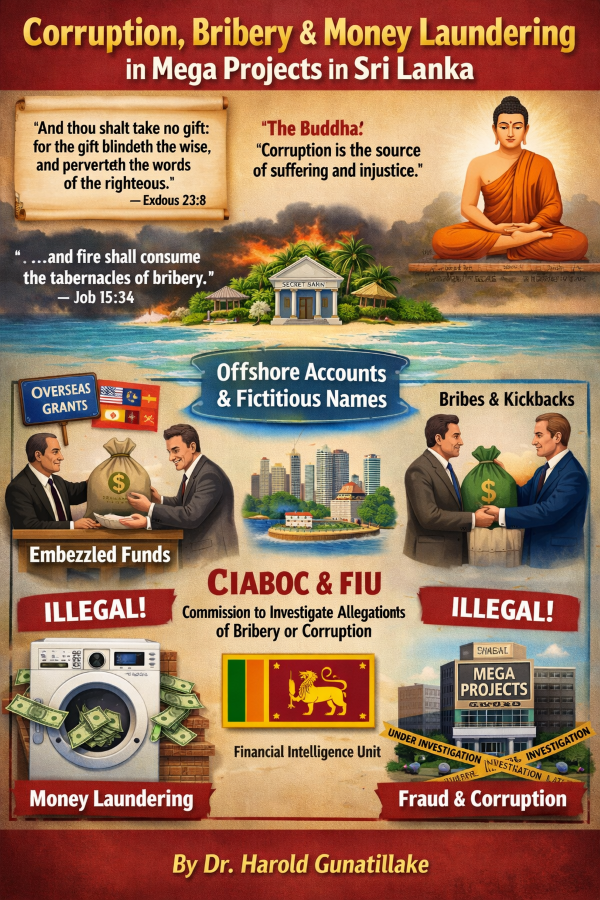Majority of economists back an inheritance tax to help fund government priorities
Source:Yourlifechoices
Peter Martin, Crawford School of Public Policy, Australian National University
Asked to find an extra $20 billion per year to fund government priorities like building nuclear submarines and responding to climate change, Australia’s top economists overwhelmingly back land tax, increased resource taxes, an attack on negative gearing and extending the scope of the goods and services tax.
The 59 leading economists surveyed by The Conversation and the Economic Society of Australia were asked to pick from a list of 13 options (many of them identified in the government’s 2022-23 Tax Expenditures and Insights Statement) and reply as if political constraints were not a problem.
The economists chosen are recognised as leaders in their fields, including economic modelling and public policy. Among them are former International Monetary Fund, Treasury and OECD officials, and a former member of the Reserve Bank board.
Asked to choose tax measures on the basis of efficiency – minimising the economic damage the extra taxes or tightening of tax concessions would do – 40 per cent chose increased or new taxes on land, while 39 per cent choose increased resource taxes.
Responses from 59 economists to the question:
If efficiency was the only priority, how should the government raise more funds? Choose up to three
International consultant Rana Roy said every major economist in every strand of modern economics had found taxes on the use of land and natural resources to be the least damaging way of raising money.
This was confirmed in Hong Kong, which charged for the use of crown land; in Norway, which heavily taxed oil and gas resources, and in countries such as Australia, which charge for the use of broadcast spectrum.
Former OECD official Adrian Blundell-Wignall said Australia’s natural resources were the birthright of every Australian. It was time for a resource rent tax along the lines of the one introduced by the Rudd and Gillard governments and abolished by the Abbott government in 2014.
Blundell-Wignall said politicians should ignore the usual hysteria that arose whenever the idea was discussed.
Centre for Independent Studies economist Peter Tulip said he would lump income from inheritances in with income from changes in land value. In both cases the income was unexpected, undeserved and not compensation for sacrifice. And it disproportionately went to the already fortunate.
Negative gearing an ‘easy win’
A quarter of those surveyed backed winding back the ability to negatively gear (write off against tax) expenses incurred in owning investment properties, a concession costed by Tax Expenditures Statement at $24.4 billion per year.
Blundell-Wignall said negative gearing should have been wound back years ago. Few other countries allowed it, and it contributed to the build up of exposure to property in Australia’s banking system and financial risk as interest rates climbed.
University of Sydney economist James Morley described getting rid of negative gearing as an “easy win”. There were better ways to support home building.
Independent economist Saul Eslake said while he was inclined to extend capital gains tax to the sale of high-end family homes, the problem with the idea was that it might allow owners to write off against tax their mortgage payments (as is the case for investors who negatively gear), encouraging even larger mortgages.
One quarter of those surveyed wanted to broaden the scope of the goods and services tax (at present it excludes spending on education, health, childcare and fresh food) and one fifth wanted to increase the rate, pointing out that a 10 per cent, it was low by international standards.
‘Unfair’ super concessions and tax-free inheritances
Asked to choose measures on the basis of equity – not treating similar people differently – 52 per cent backed inheritance taxes, 37 per cent backed winding back superannuation tax concessions and 32 per cent backed increased resource taxes.
None would broaden the GST on equity grounds, and only 3.4 per cent would increase its rate on equity grounds.
International consultant Rana Roy said every major economist in every strand of modern economics had found taxes on the use of land and natural resources to be the least damaging way of raising money.
This was confirmed in Hong Kong, which charged for the use of crown land; in Norway, which heavily taxed oil and gas resources, and in countries such as Australia, which charge for the use of broadcast spectrum.
Former OECD official Adrian Blundell-Wignall said Australia’s natural resources were the birthright of every Australian. It was time for a resource rent tax along the lines of the one introduced by the Rudd and Gillard governments and abolished by the Abbott government in 2014.
Blundell-Wignall said politicians should ignore the usual hysteria that arose whenever the idea was discussed.
Centre for Independent Studies economist Peter Tulip said he would lump income from inheritances in with income from changes in land value. In both cases the income was unexpected, undeserved and not compensation for sacrifice. And it disproportionately went to the already fortunate.
Negative gearing an ‘easy win’
A quarter of those surveyed backed winding back the ability to negatively gear (write off against tax) expenses incurred in owning investment properties, a concession costed by Tax Expenditures Statement at $24.4 billion per year.
Blundell-Wignall said negative gearing should have been wound back years ago. Few other countries allowed it, and it contributed to the build up of exposure to property in Australia’s banking system and financial risk as interest rates climbed.
University of Sydney economist James Morley described getting rid of negative gearing as an “easy win”. There were better ways to support home building.
Independent economist Saul Eslake said while he was inclined to extend capital gains tax to the sale of high-end family homes, the problem with the idea was that it might allow owners to write off against tax their mortgage payments (as is the case for investors who negatively gear), encouraging even larger mortgages.
One quarter of those surveyed wanted to broaden the scope of the goods and services tax (at present it excludes spending on education, health, childcare and fresh food) and one fifth wanted to increase the rate, pointing out that a 10 per cent, it was low by international standards.
‘Unfair’ super concessions and tax-free inheritances
Asked to choose measures on the basis of equity – not treating similar people differently – 52 per cent backed inheritance taxes, 37 per cent backed winding back superannuation tax concessions and 32 per cent backed increased resource taxes.
None would broaden the GST on equity grounds, and only 3.4 per cent would increase its rate on equity grounds.
Grattan Institute chief executive Danielle Wood said two-thirds of the value of super tax breaks went to the top fifth of income earners, who are already saving enough for their retirement and would do so without tax concessions.
Wood said the government should go further than the measures taken against super accounts worth more than $3 billion announced in February.
The University of Adelaide’s Sue Richardson said super concessions had a negative impact on budget revenue, amounting to tens of billions per year. They were used for tax minimisation by high earners who obtained expensive advice.
Missing fixes: Stage 3 and a carbon tax
Guyonne Kalb of the University of Melbourne said the most important tax measure for fairness was one not listed as an option – scrapping the legislated “Stage 3” tax cuts for high earners, due to take effect in 2024.
The tax cuts scheduled for people earning between $120,000 and $200,000 would not have much or any positive impact on Australia’s labour supply and would cost the budget more than $100 billion in their first seven years.
Three panellists, Frank Jotzo, Michael Keating and Stefanie Schurer, said they would have selected “carbon pricing to raise revenue” had it been an option.
Jotzo said if Australia fully taxed emissions at $100 per tonne, the revenue would be around $15 billion per year from electricity, $18 billion from industry, and $9 billion from transport – very large sums in relation to other options.
Schurer would also take away all subsidies to fossil fuel industries. In 2021-22 measures that wholly, primarily or partly assisted fossil fuel industries cost federal, state and territory governments $11.6 billion.
If the government needed $20 billion per year, it could raise around half from fossil fuel subsidies alone.
Peter Martin, Visiting Fellow, Crawford School of Public Policy, Australian National University
This article is republished from The Conversation under a Creative Commons license. Read the original article.
Do you agree with the above proposals? Would you accept an inheritance tax? We’d love to hear your opinion in the comments section below.





















